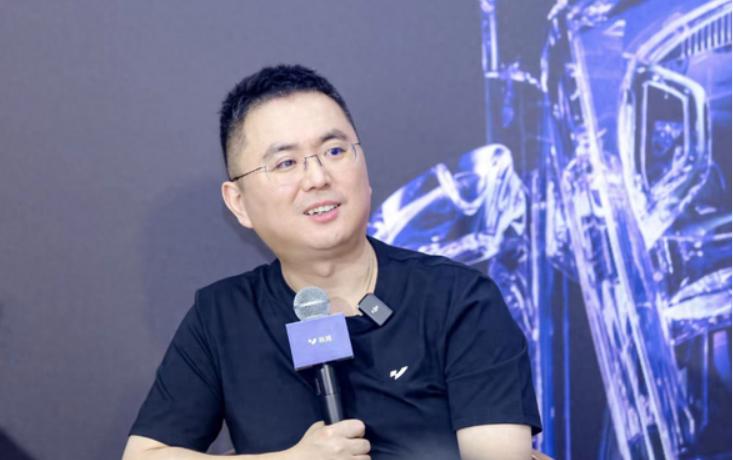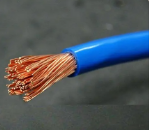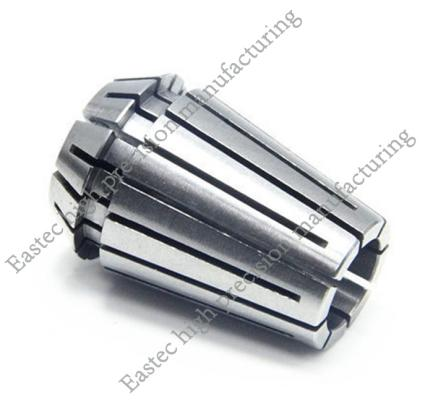
With less than 20 days until 2025, "Jiyue," one of the emerging forces in China's new energy vehicle sector, announced liquidation. On the afternoon of December 11th, Jiyue's CEO, Xia Yiping, convened an all-employee meeting to declare the immediate dissolution of the company, with the most direct consequence being the cessation of social security payments for November and December.
Employees were advised to leave the company if needed, with the option to have their social security accounts released by Friday of that week, allowing them to find new employers for continued contributions.
Once hailed as a benchmark for the combination of "new energy + intelligent driving" under the joint creation of Baidu and Geely, Jiyue Automobile has now come to a close.
The most prevalent explanation for Jiyue's sudden collapse, as expressed by Xia Yiping, is a broken capital chain. The company lacked sufficient funds to support further development, and after several unsuccessful attempts to turn the situation around, the decision to liquidate was made.
Why did Jiyue, once a "star" in the industry, end up in this situation?
As of November 2024, Jiyue's cumulative sales were around 13,000 units, far short of Geely's other brand, Jike, which sold 27,011 units in November alone, while Jiyue's sales for the month were a mere 2,485 units. As a new brand, Jiyue faced intense competition from leading new energy vehicle manufacturers like Huawei, Li Auto, and NIO, as well as the challenge of established brands like Jike and Lynk & Co, whose monthly sales had already surpassed the 10,000-unit mark.
On December 3rd, Geely Holding Group's Jike and Lynk & Co underwent strategic integration, forming the "Jike Technology Group" with both Jike and Lynk & Co as its brands, aiming to create a million-unit annual sales global high-end luxury new energy vehicle group. This move clearly left Jiyue in an awkward position within the Geely family.
Since its inception as Jidu, the predecessor of Jiyue, the brand's market positioning has been erratic. Established in March 2021, Jiyue was seen as a super alliance in the new energy field, with Baidu providing world-leading AI and autonomous driving technology, and Geely offering the vehicle platform and manufacturing capabilities. However, Jiyue's focus shifted from autonomous driving to the best robot car and then to the best intelligent driving car. Despite these changes, Jiyue always positioned itself in the high-end market, which was not a "people's car" strategy. Within this price range, brands like Seres and XPeng have long outpaced Jiyue in sales.
From a corporate governance perspective, the joint venture status inevitably led to disagreements on many decisions. Both Baidu and Geely had their own ideas, making it difficult to achieve strategic unity. For Geely, Jiyue was not a "favored son" but just a joint venture partner, so in times of trouble, they would look at Baidu's stance before taking action. For Baidu, Jiyue was a "leftover" from the start, showing no signs of profitability and existing as a "tough nut to crack" within the company. Thus, when Jiyue faced a capital chain breakdown, there was no public statement of support from the high-level management of either Baidu or Geely, allowing Jiyue to flounder on its own. Without the backing of the two major groups and with its own abysmal sales, the market's expectations for Jiyue were essentially negative. Finally, Jiyue collapsed on the eve of 2025.
According to Tianyancha's professional edition data, there are currently over 1.35 million new energy vehicle-related companies in China. From January to November 2024, over 302,000 new companies were registered. In terms of regional distribution, Guangdong, Shandong, and Jiangsu provinces have the highest number of related companies. In terms of establishment time, nearly 80% of the companies were founded within the last five years, with nearly a quarter of them established in the past year.
The number of new energy vehicle companies in China has dropped from over 300 in 2021 to fewer than 50 in 2024. Zhang Xiaorong, the president of Deep Tech Research Institute, predicts that the market price war may come earlier than usual by 2025. As the competition between new energy and fuel vehicles intensifies, the market structure is expected to become clearer by 2025 or 2026, with survival of the fittest continuing to prevail. Experts predict that 80% of new brands will exit the market within the next five years. Jiyue's collapse has also prompted the capital market to re-examine the new energy vehicle sector, shifting focus from chasing "con





 Customer service 1
Customer service 1  Customer service 2
Customer service 2